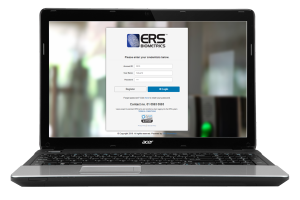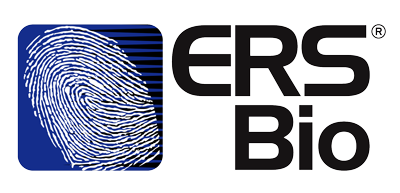The 5 Biggest Problems Facing Human Resources in Tracking Work Hours Today
In the modern workplace, Human Resources (HR) departments face a complex landscape of challenges, especially in managing and tracking work hours. As organizations evolve and adapt to new technologies and work models, HR professionals must navigate an array of issues that impact productivity, compliance, and employee satisfaction. Here are the five biggest problems HR faces today regarding work hours tracking:
- Ensuring Accuracy
One of the most pressing issues in work hours management is ensuring accuracy in time tracking. Traditional methods, such as manual timesheets or basic clock-in/clock-out stamp systems, are prone to errors and can lead to discrepancies. Inaccurate time tracking can result in payroll errors, compliance issues, and even disputes between employees and management. With the rise of remote and hybrid work models, the challenge of accurately capturing work hours has only intensified, as traditional tracking methods may not effectively capture the nuances of different work environments.
- Compliance with Labour Laws
Navigating the ever-changing landscape of labour laws is a significant challenge for HR departments. There are varying regulations regarding work hours, overtime, breaks, and record-keeping requirements. For organizations operating across multiple countries, ensuring compliance with local/national and international labour laws can be daunting. Failure to adhere to these regulations not only risks legal penalties but can also damage an organization’s reputation and employee trust.
- Employee Privacy Concerns
With advancements in technology, HR departments have access to sophisticated tools for tracking work hours. However, these tools can raise concerns about employee privacy. Employees may feel uncomfortable with constant monitoring or the collection of detailed data on their work patterns. Balancing the need for accurate time tracking with respect for employee privacy is a delicate task. Organizations must ensure that their time-tracking systems are transparent, secure, and used in a way that respects individual privacy rights.
- Integration with Other Systems
Many organizations use multiple software systems for different HR functions, such as payroll, performance management, and project management. Integrating time-tracking systems with these various platforms can be challenging. Disparate systems can lead to inefficiencies, data silos, and increased risk of errors. Seamless integration is crucial for ensuring that time-tracking data flows smoothly between systems, allowing for accurate payroll processing, performance evaluations, and resource allocation.
- Managing Flexible and Remote Work Arrangements
The shift towards remote and flexible work arrangements has introduced new complexities in tracking work hours. Traditional time-tracking methods, designed for in-office environments, may not be suitable for remote work. HR departments must find ways to accurately track and manage the hours of employees who work from various locations and time zones. Additionally, maintaining consistent standards for work hour tracking across different work arrangements requires clear policies and reliable technology solutions.
Addressing the Challenges
To address these challenges, HR departments can adopt several strategies:
- Implement Advanced Time-Tracking Solutions: Invest in modern time-tracking software and hardware that offers features such as automated calculations, positive identification, integration with other systems, and robust reporting capabilities. These solutions can help reduce errors and improve accuracy.
- Stay Informed on Legal Requirements: Regularly update knowledge on labour laws and regulations to ensure compliance. Consulting with legal experts or using compliance management tools can help navigate complex legal landscapes.
- Promote Transparency and Privacy: Communicate clearly with employees about how their work hours are tracked and ensure that data collection practices are transparent and respectful of privacy.
- Facilitate System Integration: Choose time-tracking systems that offer compatibility with other HR software and invest in integration solutions to streamline data management.
- Adapt to New Work Models: Develop flexible time-tracking policies that accommodate remote and hybrid work arrangements. Provide training and resources to help employees and managers adapt to new tracking methods.
As the workplace continues to evolve, addressing these challenges proactively can help HR departments manage work hours effectively while fostering a positive work environment. By leveraging technology, staying informed on legal requirements, and prioritizing transparency, organizations can navigate the complexities of work hour tracking and support their workforce effectively.
The ERSBio Solution
Our Biometric devices and software solutions allow staff to clock in from the office, remote work-stations or on the road.
Our cloud-based system integrates with payroll, cutting out many manual processes associated with payroll.
Our software suite consists of various modules, including Attendance, Time Management, Leave Management, SMS Communication, Enforcer Exception Management and more.
Feel free to contact us for more information on our automated solutions to help your business evolve with the changing work cultures.

For more info on the ERSBio’s SMS Notification Solution, click here.

For more on ERSBio’s Time & Attendance Software, click here.
Contact us: sa***@*******co.za l 010 593 0593



